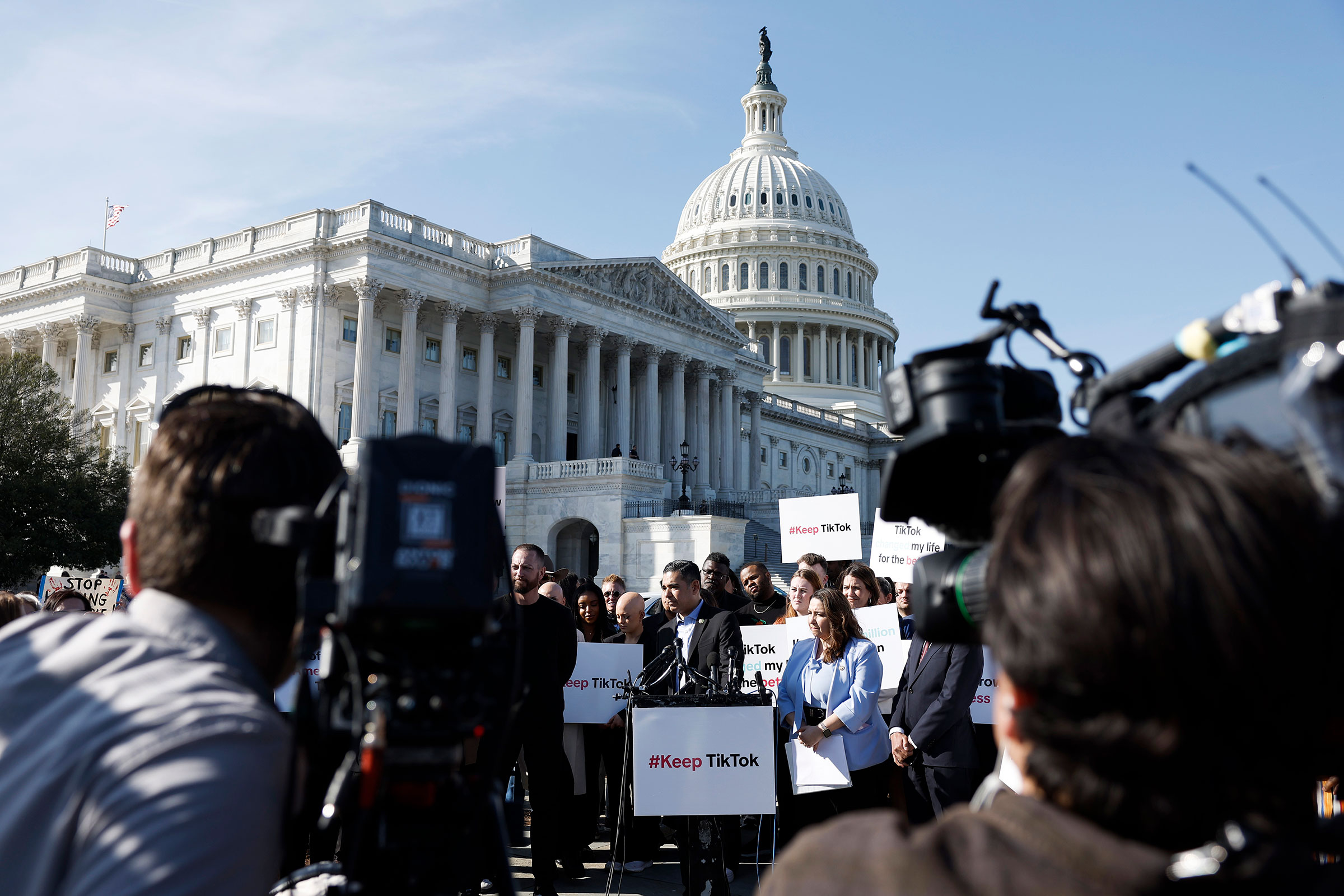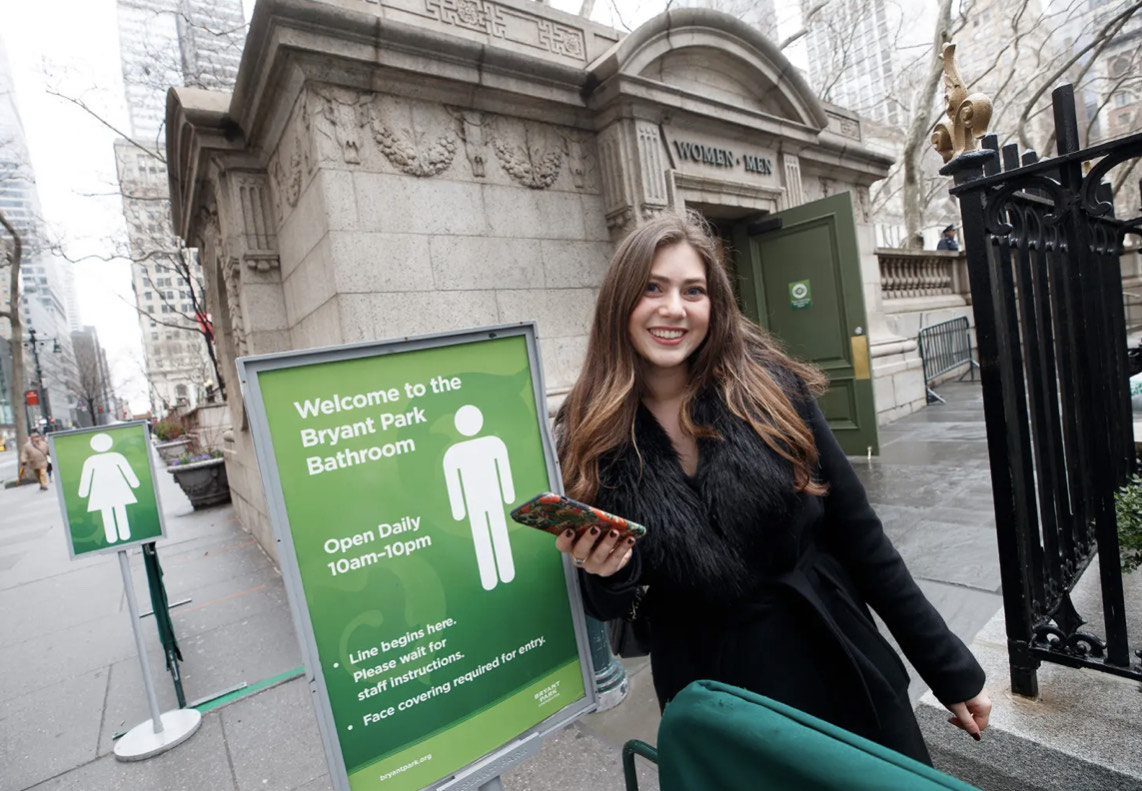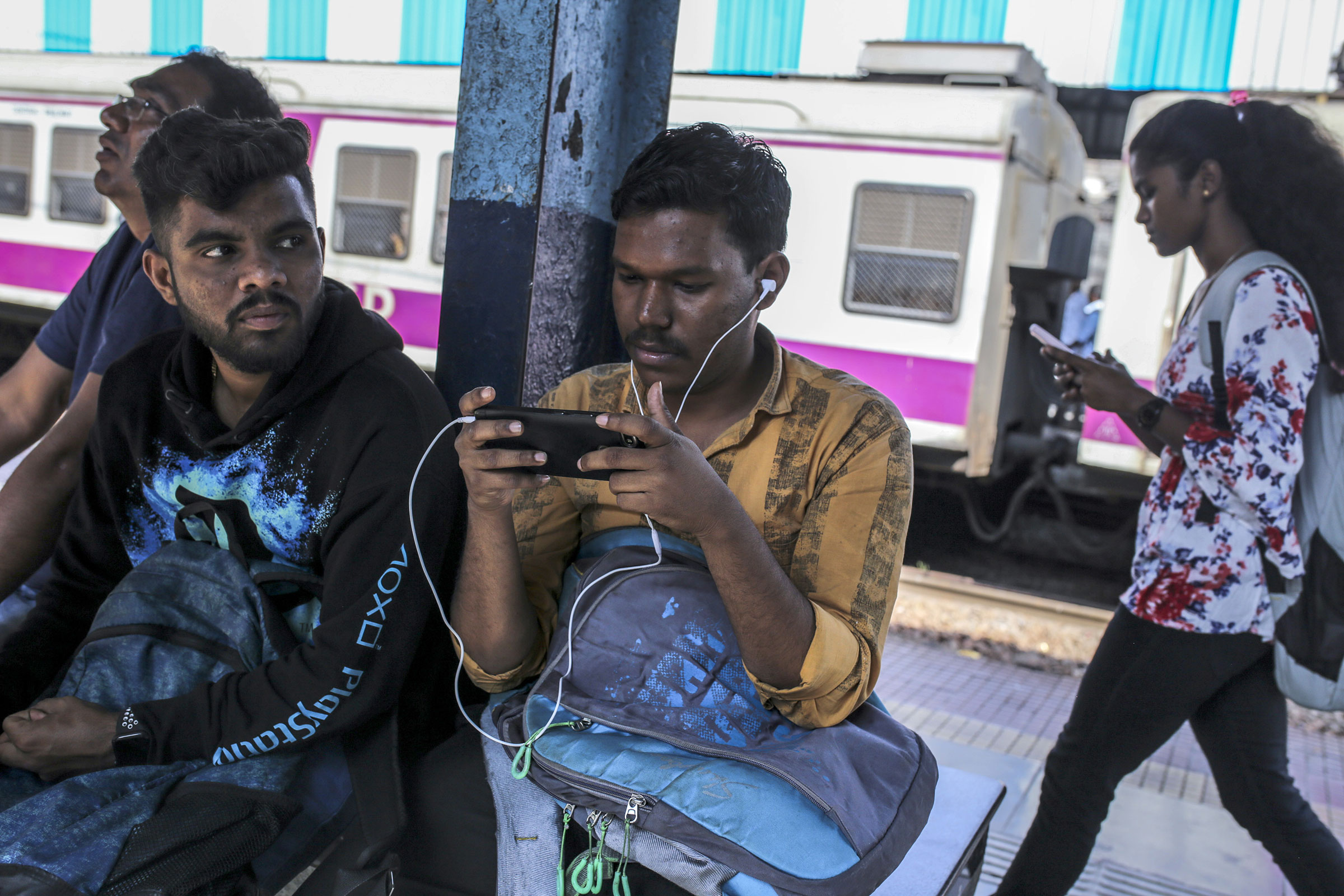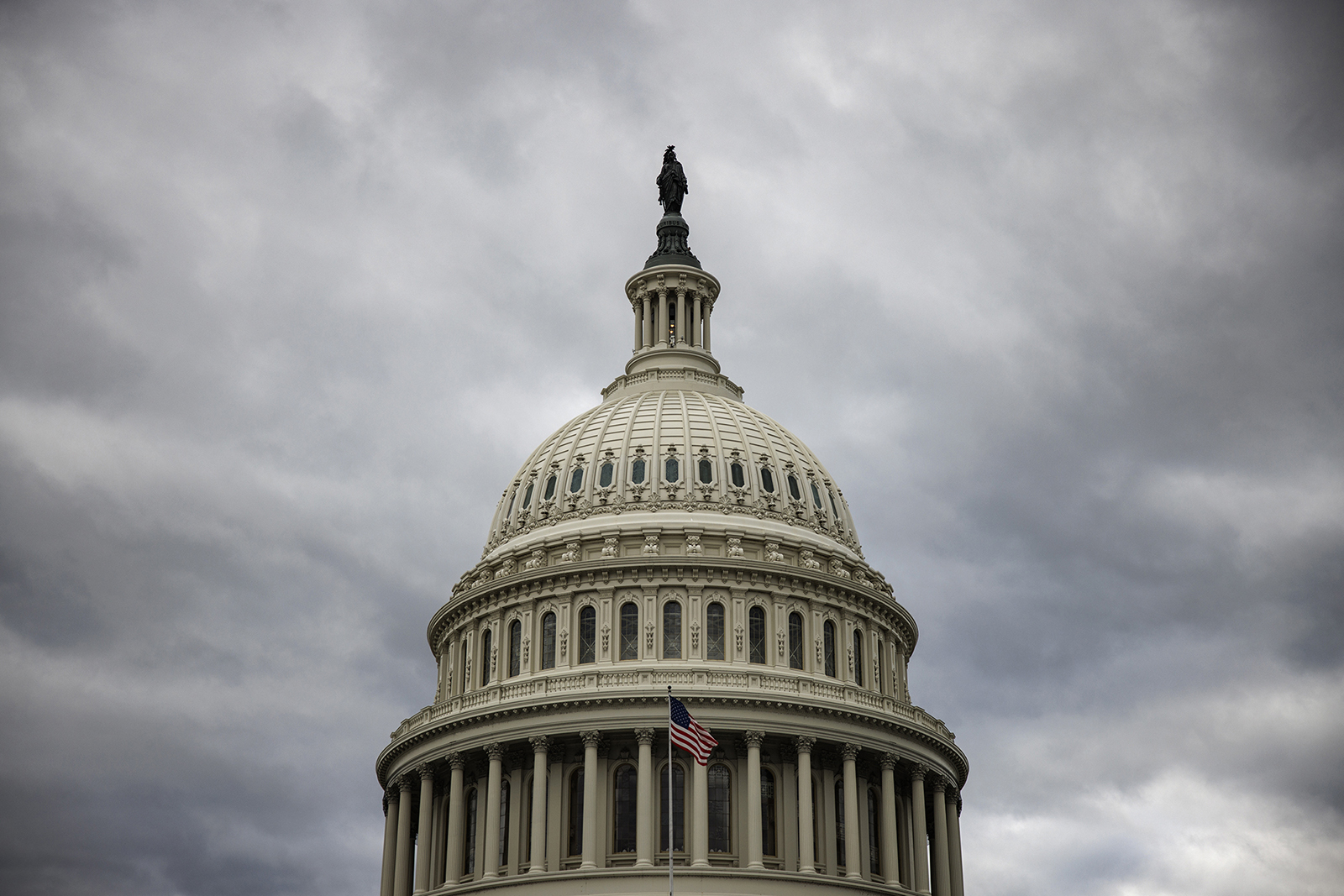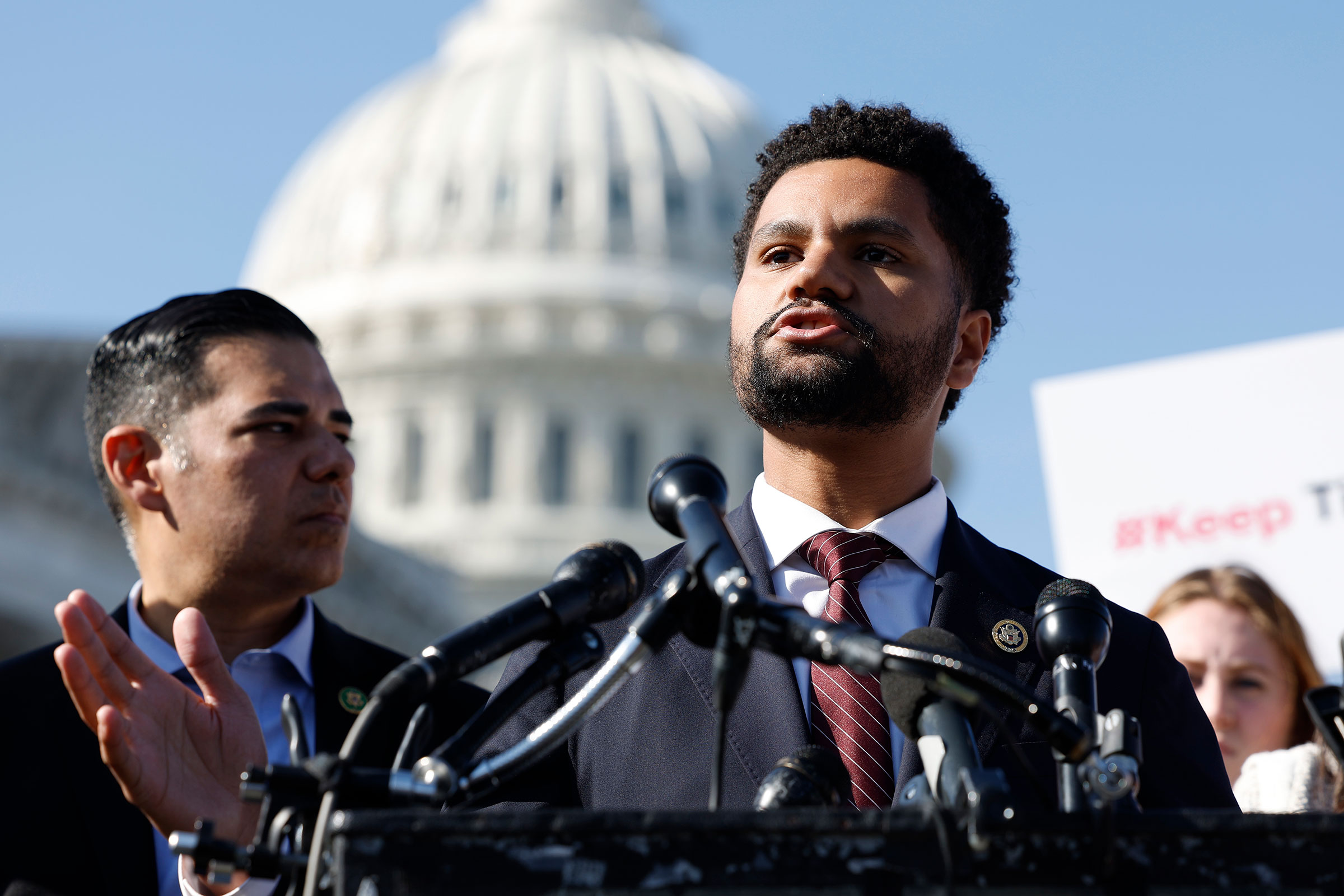
China said Wednesday that banning TikTok would backfire on the US.
The comments by China’s foreign ministry came hours before a House vote on legislation that would force Tiktok’s Chinese parent company, ByteDance, to sell the short video platform or face being banned in the US, where it boasts over 170 million users.
Lawmakers who want to see the bill passed argue it poses a national security threat because China could use its intelligence laws against ByteDance and force it to hand over US user data.
“Even though the US has not found evidence on how TikTok endangers its national security, it has never stopped going after TikTok,” ministry spokesperson Wang Wenbin said Wednesday.
Wang accused the US of “resorting to acts of bullying” when it could not succeed in fair competitions, saying such practice would disrupt market operations, undermine investor confidence and sabotage the global economic and trade order.
“This will eventually backfire on the US itself,” he said.
As House lawmakers prepared to vote, TikTok encouraged users to call their representatives with a full-screen notification about the legislation.
TikTok CEO Shou Chew has tried to schedule 11th-hour meetings with members of Congress. The company sent letters to two lawmakers on Monday challenging their characterizations of TikTok’s call-to-action campaign as “offensive” and “patently false.”
TikTok has said that banning the app would harm 5 million businesses that rely on the platform.
CNN's Brian Fung contributed reporting to this post.
